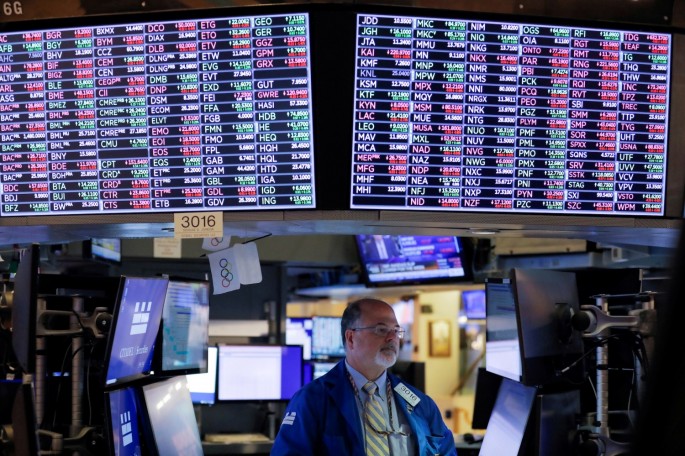2022 has definitely been a year that big tech will enjoy seeing the tail end of. Major corporations including Meta, Amazon, Tesla, and Apple have all suffered significant losses at the hands of high inflation, tightening monetary conditions, as well as a strong dollar, and supply chain issues among other things.
The factors that have negatively influenced the share prices of these major companies will inevitably turn around, and the market will recover as history shows us it always does, but will it happen as soon as next year?
Let's take a brief look at some of the driving forces of the downturn to discover whether this is a long-haulissue, or a bull market is on the horizon soon. However you choose to invest during a bear market, whether it's by purchasing depressed stock directly or by choosing financial derivatives like CFDs for example to profit from falling prices, be sure to use a broker you can trust such as easymarkets.com.
2023 could present more hurdles
There are more than a few things to take into consideration regarding next year's prospects for big tech and business in general. Chief among them, and posing the greatest threat, is the potential severity of a global recession and stagflation in 2023.
In a poll hosted by Bloomberg, nearly half of the 388 respondents predicted that next year would see stagflation take hold, a situation in which GDP continues to decline as a result of higher interest rates, while inflation remains excessive. A deflationary recession is considered as the second most likely result in the poll, while a high-inflation economic recovery is seen as the least likely.
A glimmer of hope for recovery?
Back in October, Amazon's founder, Jeff Bezos tweeted that now was the time to "batten down the hatches," as he warned that Americans needed to prepare themselves for recession. Since then, his company has shed thousands of staff and begun cutting spending in a similar fashion to many of the other major tech companies in a bid to stay afloat.
Possibly the best the industry can hope for in the coming period is that profits start to rise later in the year, partly as a result of these cost-cutting measures, and the global economy escapes a deep recession. In this case, the tech industry might just be one of the first to recover as investors seek out firms with the greatest potential for earnings growth.
According to Fitch Ratings, next year, the downturn will have unequal effects on different parts of the tech industry.
The software and cloud services sub-sectors will continue to expand in 2023, but at a slower rate because companies will be spending less on IT. Major acquisitions by big software companies like Microsoft and Oracle are also seen as a big reason the industry is still expected to grow.
The biggest impact on operations and credit metrics will likely be felt by consumer-oriented hardware firms and their high fixed-cost semiconductor suppliers.



























